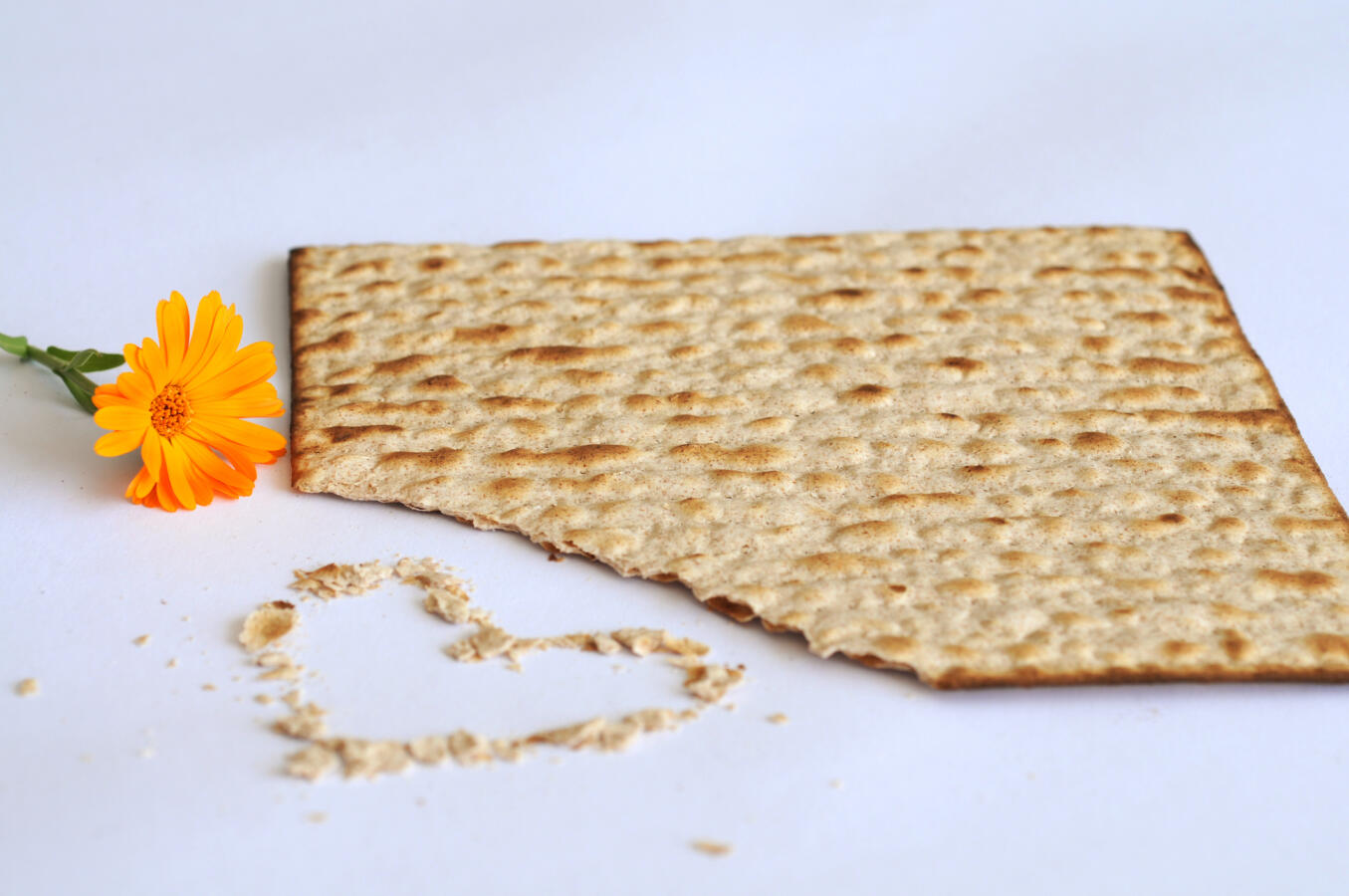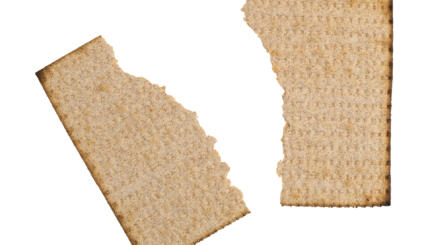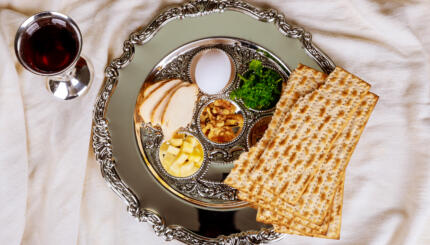As they celebrate Passover, many Jews take the opportunity to remind ourselves of the many ways the world still needs redemption. It can be a despairing exercise, but if we let that paralyzing emotion overtake us it will be difficult to muster the energy to build the better world we envision. This means Passover is also an important time for Jews to think about hope.
A fresh look at a well-known story in the Babylonian Talmud (Sotah 12a-13b) shines a bright light on the nature and importance of hope in getting us through the trials we face.
Upon hearing of Pharaoh’s decree to drown newborn Israelite males, Amram, “the greatest man of his generation” [also father of Miriam and the future father of Moses] said, “We are laboring in vain.” Why have children if Pharaoh will kill them. So he divorced Yocheved, his wife. And the rest of the Israelite husbands follow suit. Miriam confronts her father. “Pharaoh decreed against the males but you decree against the males and females … In the case of the wicked Pharaoh perhaps his decree will be fulfilled, perhaps not, whereas in your case, because you are so pious, your decree will certainly be followed.” Whereupon Amram remarried Yocheved and the rest of the men took their wives back.
Miriam bases her argument on logic, on an appeal to her father’s ego, but also on hope: While Pharaoh’s decree might be carried out, perhaps it will not. Amram’s decision actually carried more finality. His plan would prevent not only the birth of Israelite boys, but also of girls. Furthermore, because of his righteousness, God is more likely to make his scheme succeed. From the perspective of Jewish continuity, Amram’s action is even harsher than Pharaoh’s — because it is more likely to lead to the end of the Jewish people.
For Amram the future is determined and so his choice makes rational sense; for Miriam, however, the future remains open. Where Amram sees certainty and feels despair, Miriam sees possibility. Amram seems to have forgotten the two midwives who’d refused to carry out Pharaoh’s earlier order to kill the male infants they delivered (Exodus 1:17) — which, in fact, incited Pharaoh to charge “all his people” to throw every newborn Israelite male into the Nile (Exodus 1:22). Still, their example gives Miriam hope that in this case too, a similar outcome may yet emerge. She manages to restore her father’s hope that regardless of the steep odds, siring children still makes sense.
With your help, My Jewish Learning can provide endless opportunities for learning, connection and discovery.
The Talmud continues the tale:
As a child, Miriam prophesied that her mother would give birth to a son who would redeem Israel. When he was born, light filled the room. Amram kissed Miriam on the head saying, “Your prophecy has been fulfilled. When they threw him into the river [in the basket] he slapped her on the head and said, “Where is your prophecy?” And thus it is written, “And his sister stood from afar in order to know what would be done to him” (Exodus 2:4) — to know what would become of her prophecy.
With Moses’s birth, the bright light of hope fills the room — Amram soars. When Moses’s mother hatches a plan to float him down the Nile near the bathing place of Pharaoh’s daughter, a devastated Amram crashes. Not Miriam, however. She follows her dream, standing by, ready to help keep her brother alive. At just the right moment she pops out from behind the bushes to ask Pharaoh’s daughter if she can get a Hebrew nurse to suckle the child — and leads Moses’ own mother to the princess. Miriam, the youthful girl, embodies the hope her father seems to have lost. Moses, the leader who redeems Israel from Egypt, is the fruit of these hopes.
Here are four takeaways about hope for our lives today from this ancient Talmudic tale.
- Hope envisions an open future. We shouldn’t let our vision of the future be too constrained by conventional wisdom.
- Hope requires action. Optimism, the tendency to forecast sunny outcomes, demands little; hope demands everything.
- Hope requires perseverance. In struggling to fulfill our hopes, we inevitably face setbacks; the key is to try new strategies and not to give up.
- Fulfilling our hopes for redemption requires working together. The women of the Exodus — the midwives, Moses’ mother and sister, and Pharaoh’s daughter — show us the power of joining together and saying “no” to the current reality and “yes” to the possibility of a better future.
May our ancient stories of liberation from Egypt sustain our hope — like the hope of our ancestor Miriam — in every generation.



